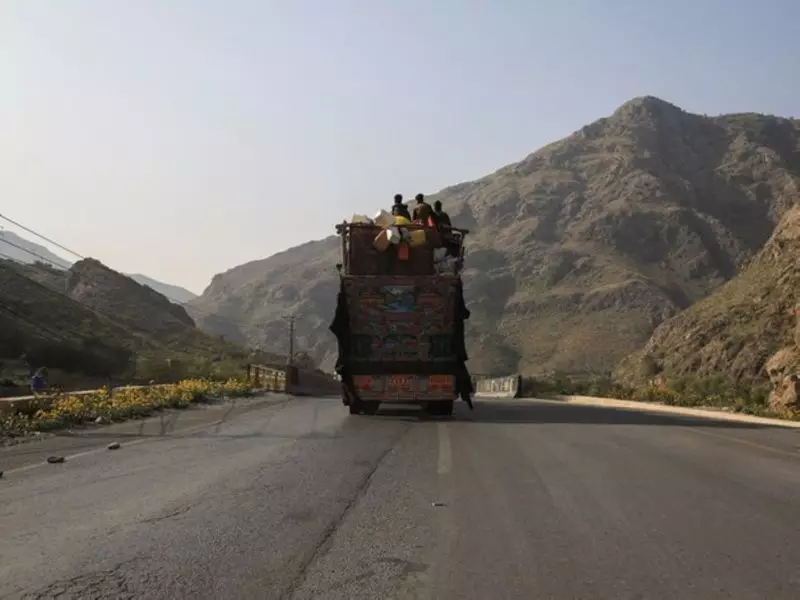
Traders and business communities in Pakistan's Khyber Pakhtunkhwa province are raising urgent demands for the immediate reopening of border crossings with Afghanistan as the prolonged closure continues to inflict massive economic damage across the region.
Border Shutdown Creates Economic Crisis
The Torkham and Chaman border crossings, which serve as vital trade arteries between Pakistan and Afghanistan, have remained largely closed since 2020 due to security concerns and diplomatic tensions. This extended shutdown has created what local business leaders describe as an unprecedented economic crisis in border regions.
Ziaul Haq Sarhadi, a prominent leader of the Sarhad Chamber of Commerce and Industry, revealed the staggering scale of financial damage. "The continued closure has resulted in losses worth billions of rupees to traders on both sides of the border," he stated, emphasizing that the economic impact extends far beyond immediate trade disruptions.
Multiple Stakeholders Affected
The border closure has created a domino effect across various sectors of the regional economy. Transport companies, customs clearing agents, and thousands of daily wage workers have seen their livelihoods severely impacted. Local markets that depended on cross-border commerce are facing unprecedented challenges.
Customs clearing agents at Torkham border reported that hundreds of loaded containers and trucks remain stranded, unable to complete their journeys. The paralysis of trade routes has particularly affected perishable goods, resulting in complete losses for many agricultural exporters.
Humanitarian and Diplomatic Concerns
Beyond economic considerations, the border shutdown has created significant humanitarian challenges. Families divided by the border face difficulties in maintaining contact, while patients requiring medical treatment across borders encounter life-threatening obstacles.
Business leaders have called for immediate government intervention to resolve the standoff. They argue that diplomatic solutions must be prioritized to address security concerns while allowing legitimate trade and movement to resume. The current situation, they warn, benefits only smuggling networks that operate outside regulated channels.
The trading community has proposed establishing more efficient border management systems that can address security needs while facilitating legal commerce. They emphasize that the current approach of complete closure is counterproductive and damaging to Pakistan's economic interests in the region.






